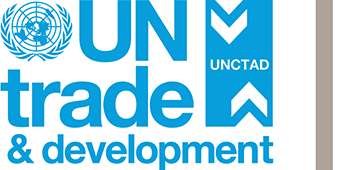Grünenthal GmbH vs CNIPA: Intellectual Property Court of the Supreme People’s Court of China (SPC), filed as (2019) SPC IP Admin. Final 12
In this case, the SPC specified a criterion for assessing the inventiveness of novel crystalline forms of compounds. Although the preparation of the novel crystal form has a certain degree of uncertainty, merely preparing and obtaining a novel crystalline form does not necessarily mean that the said crystalline form meets the requirement of inventiveness under the patent law.
